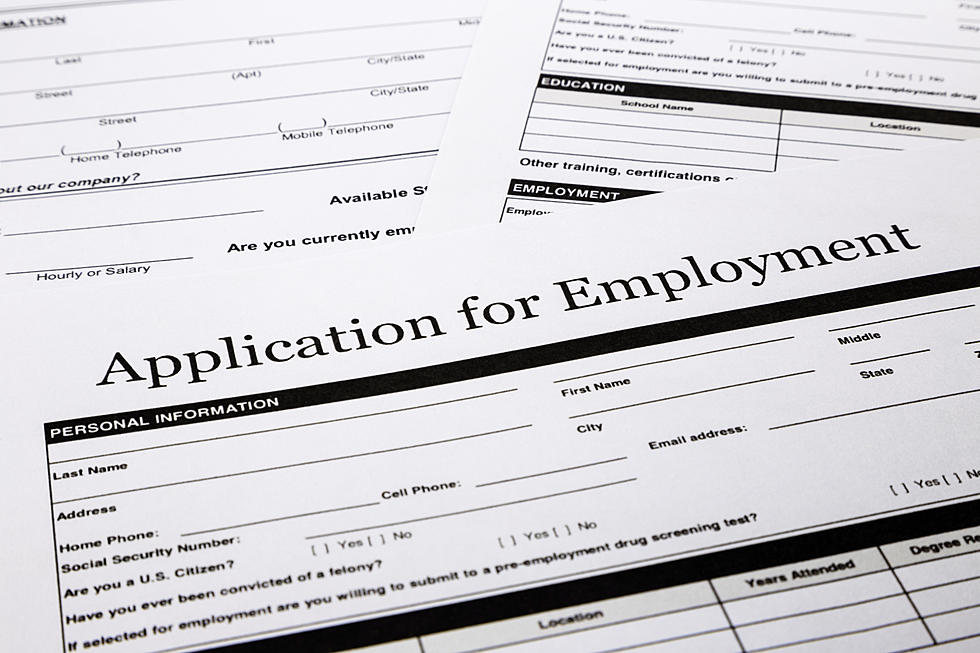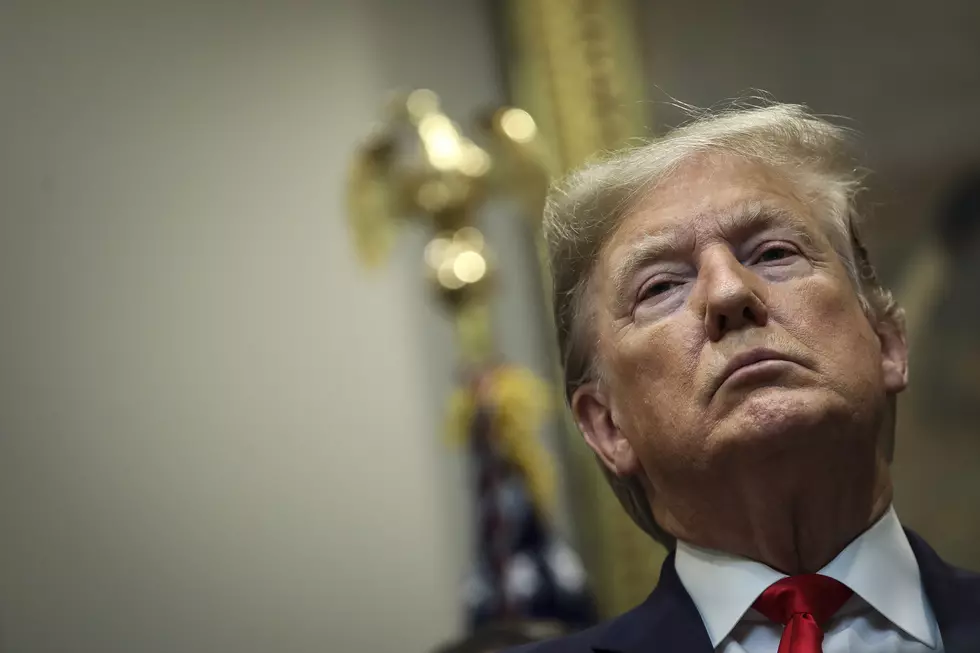
Obama expands media strategy to long-form conversations
The novelist tossed out phrases such as "religious humanism" and "the sinister other."
The interviewer asked her about her upbringing and writing process.
At an hour and 7,000 thoughtful words, the discussion sounded like a college seminar or an independent bookstore reading.
But this was part of the White House's new media strategy.
Even for a president well-practiced in using nontraditional media, the conversation in September between Barack Obama and writer Marilynne Robinson -- and a few other conversations like it conducted in recent months -- charted new territory in presidential communications.
Slow-paced, personal, nearly divorced from the news of the day and sometimes distributed by the White House, a series of "conversations" between Obama and prominent figures in arts, letters and entertainment captures a White House experimenting with ways to reconnect Americans to the president before they say goodbye to him.
They also offer a glimpse of the president's interests and thinking as he looks at that next chapter.
"We had this idea that why don't I just have a conversation with somebody I really like and see how it turns out?" Obama told Robinson, before diving into mutual rumination about Christianity, fear and politics that ran in two installments in The New York Review of Books.
Not all the chosen conversationalists are quite so high brow:
--Obama recently cruised around the White House grounds in a 1963 Corvette Stingray coupe with Jerry Seinfeld for an episode of the Web series "Comedians in Cars Getting Coffee."
--He sat for an hour in comic Marc Maron's garage in June for the podcast "WTF with Marc Maron."
--In March, the White House invited David Simon, a former journalist and writer of "The Wire" and urban dramas, to discuss criminal justice.
--British naturalist Sir David Attenborough met with Obama in July for a conversation that revealed a bit how Obama's Hawaiian and Kenyan roots have animated his fight against climate change.
"We want to give the president opportunities to talk in more expansive ways about big ideas and subjects," White House spokesman Eric Shultz said of some of these conversations. "Our goal is give people some insight into how he sees things that are not necessarily at the top of the news cycle at that moment. We believe when you feel like you really understand someone's thinking, you understand their decision-making."
Conducting nontraditional interviews is nothing new for this president. Where other White Houses dabbled in women's magazines or lifestyle interviews, the Obamas embraced late-night talk shows, celebrity magazines, sports media. Obama has sat for interviews with bloggers and YouTube stars, taken questions on Facebook and Reddit, and distributed content via the White House website, Twitter and YouTube.
Still White House officials put Obama's long-form sit-downs in another box.
Obama's conversations aren't narrowly targeted at a single constituency and aren't typically organized around a single political message or timed to a policy rollout or debate.
There tends to be a clear mutual interest-- a peer-to-peer relationship, as one White House official described it. In some, Obama takes the role of interviewer.
"I'm a huge fan of `The Wire,"' Obama said, sounding like one, opening his interview with Simon.
That level of interest has given some of the conversations a "you only live once" feel to them, as though Obama were ticking through a list of people he always wanted to meet while he still had the staff to arrange the introduction. ("They contacted us through the website ... which immediately made me think this was fake," Maron noted on his podcast.)
Obama recently noted that was one of the perks of the job.
"It turns out you pick up the phone if somebody is doing something interesting, something that inspires you, you can usually get them to take your phone call," Obama told NPR.
"You know, sometimes I do it to learn myself what is it that, you know, makes them tick and what can they teach me about the world. Sometimes I just want to shine a light on somebody who I think is extraordinary."
But White House officials say the ideas typically come from staff, based on the opportunity, the boss' known interests and the potential audience.
For the most part, Obama has largely been talking to the circles that launched his career -- upper- and middle-income, educated, liberal-leaning urbanites.
This is the "liberal cognoscenti," said Tevi Troy, a historian and former George W. Bush administration official who has written on both presidents and pop culture and intellectuals at the White House.
"In that audience are the people who are going to be writing the books about him, the histories, the obituaries -- the people who are going to help decide his legacy for him, cement his standing, and burnish his legacy for years to come."
(© 2015 The Associated Press. All rights reserved. This material may not be published, broadcast, rewritten or redistributed)
More From New Jersey 101.5 FM









